When fear is holding you back
Written by H, Posted in Christian Living, Published Work
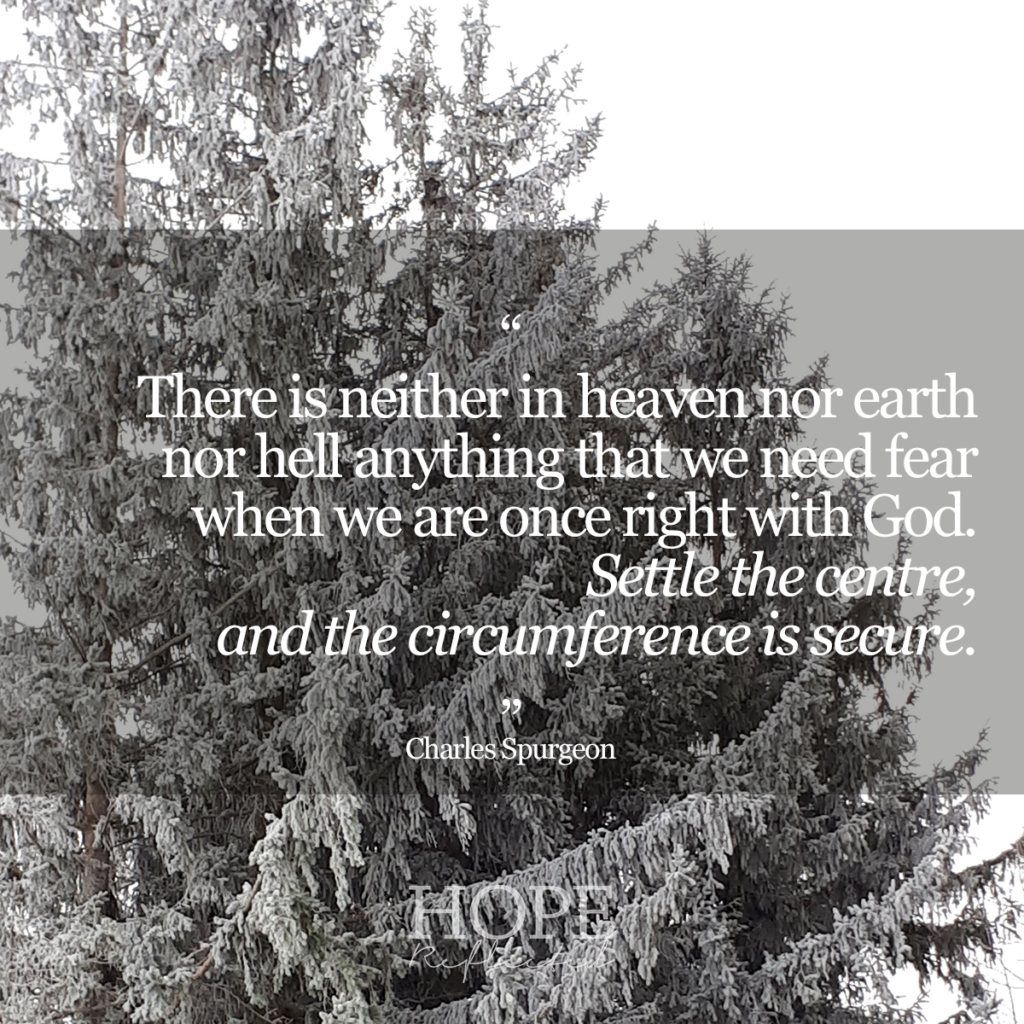
Fear makes us do funny things
In John 9, Jesus miraculously restored the sight of a man who was blind from birth. If a member of your family were miraculously healed of a life-long ailment or disability, would you not rejoice? And yet, when questioned by the Pharisees about how their son could now see, the parents of this man said, “We know that this is our son, and that he was born blind: But by what means he now seeth, we know not; or who hath opened his eyes, we know not: he is of age; ask him: he shall speak for himself.” (John 9:20-21). Rather than rejoice and profess the glory of God and the healing power of Christ, they were silent. Rather than share their incredible testimony, they stood still.
Fear can affect when and how we share our faith
We may think we’d react differently, but this response is sadly like many of us. We often allow the fear of others to affect when and how we share our faith. Proverbs 29:25 says, “The fear of man bringeth a snare: but whoso putteth his trust in the Lord shall be safe.” We get trapped when we’re afraid of others. We do or say things we ought not to. The Message paraphrase puts Proverbs 29:25 like this: “The fear of human opinion disables; trusting in GOD protects you from that.” When our testimony is tested, have we ever said, “I felt trapped!” “I was caught off-guard!” or “I was afraid of what they would think!” as an answer to why we didn’t speak up? Why do we care so much about the opinion of others, when we read right in scripture that, “whoso putteth his trust in the Lord shall be safe”?
We act foolishly when we let fear control us. Abraham is an example of this, when he asked his wife Sarah to lie for him in Genesis 12:12, because he was afraid of what others would do if he told the truth. When we choose fear over faith, the outcome is never good. Thankfully, Abraham checked his behavior and changed his ways, ultimately moving forward in his faith.
God can help us break out of the fear trap
When fear is holding us back, only God can help us break out of the trap. Calling on the name of Christ is the only way to go from fearful to fearless. When his parents fizzled out and the Pharisees questioned him, the man who Jesus healed spoke the truth. “If this man were not of God, he could do nothing.” (John 9:33). As a result, he was excommunicated. But what man meant for evil, God meant for good.
“Jesus heard that they had cast him out; and when he had found him, he said unto him, Dost thou believe on the Son of God?” (9:35). Jesus personally seeks us out. He finds us. When a child is afraid, he usually calls out for his mother or father to comfort. Will we call on Christ to come to us? Jesus relieves our fears when He finds us. When fear is holding us back, only God can help us move forward.
“There is neither in heaven nor earth nor hell anything that we need fear when we are once right with God. Settle the centre, and the circumference is secure.”
Charles Spurgeon

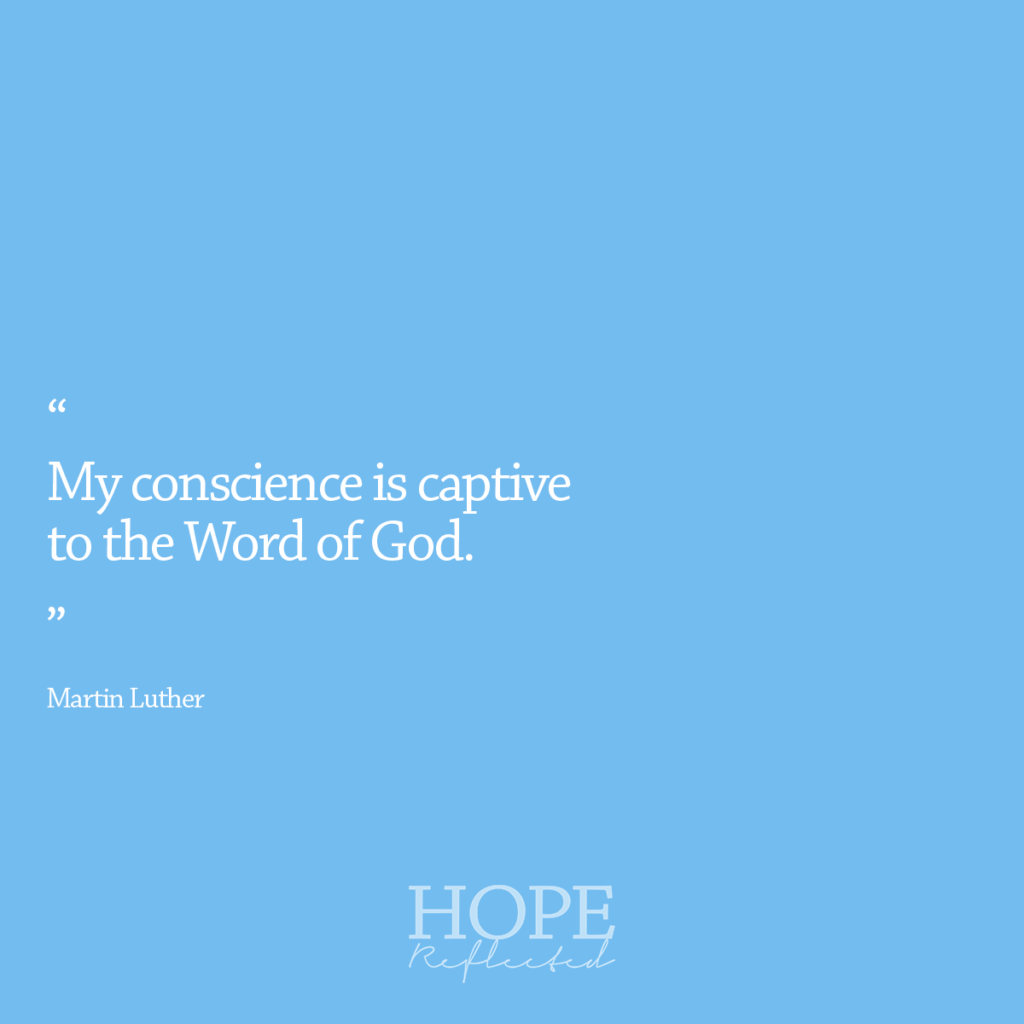
![It should be a red flag when we hear Christians claim that they agree with every thing in the Bible, except the parts where God lists ___ [fill in the blank here] as sin. Read more of "Accused or excused?" on hopereflected.com](https://www.hopereflected.com/wp-content/uploads/2022/01/2022_jan5_hopereflected_accusedorexcused_Christiansquote-1024x1024.png)
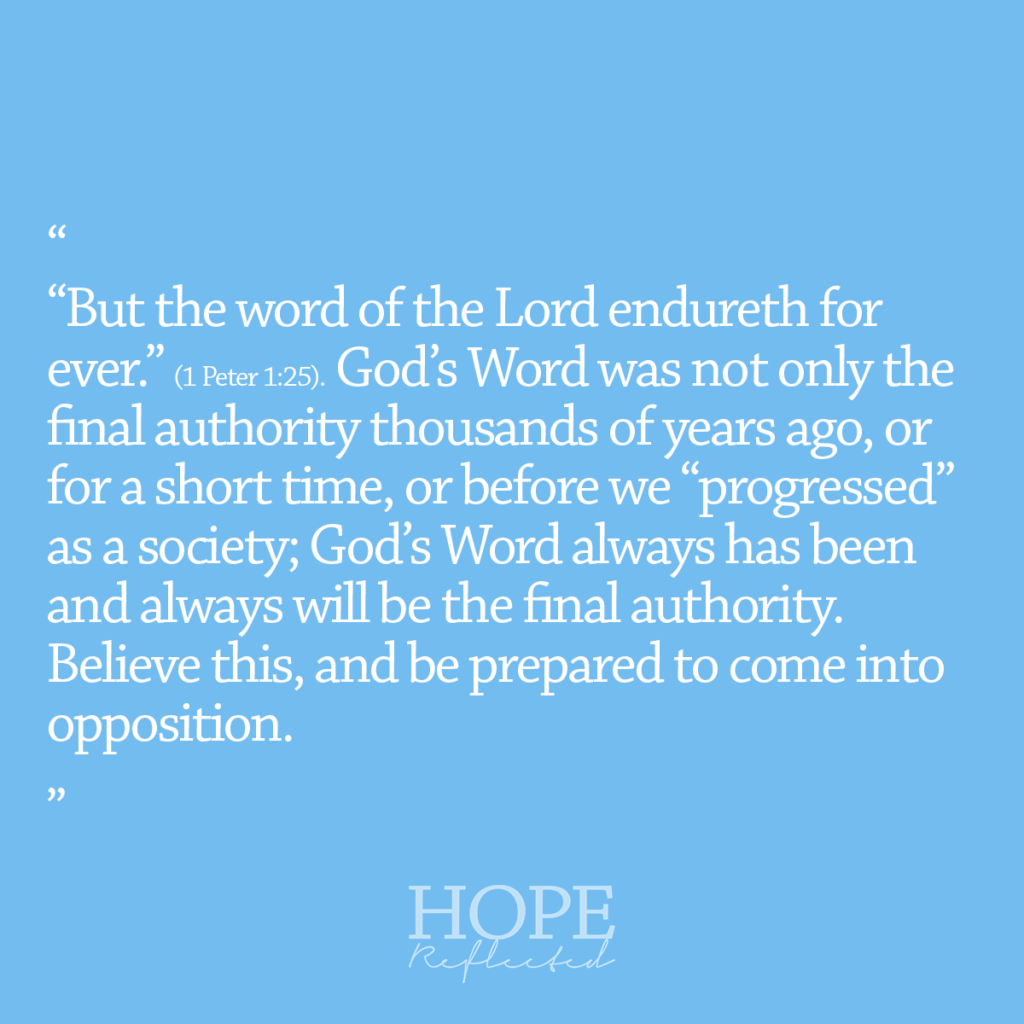



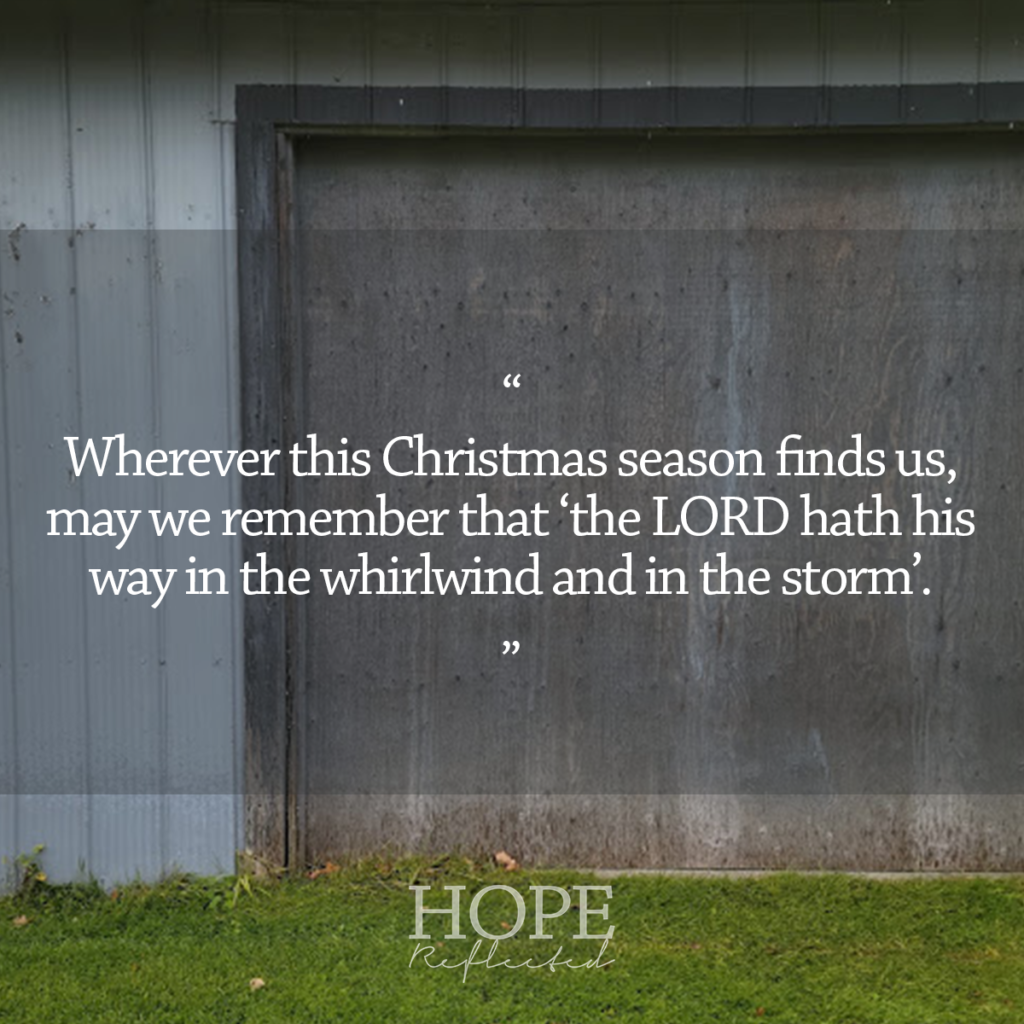
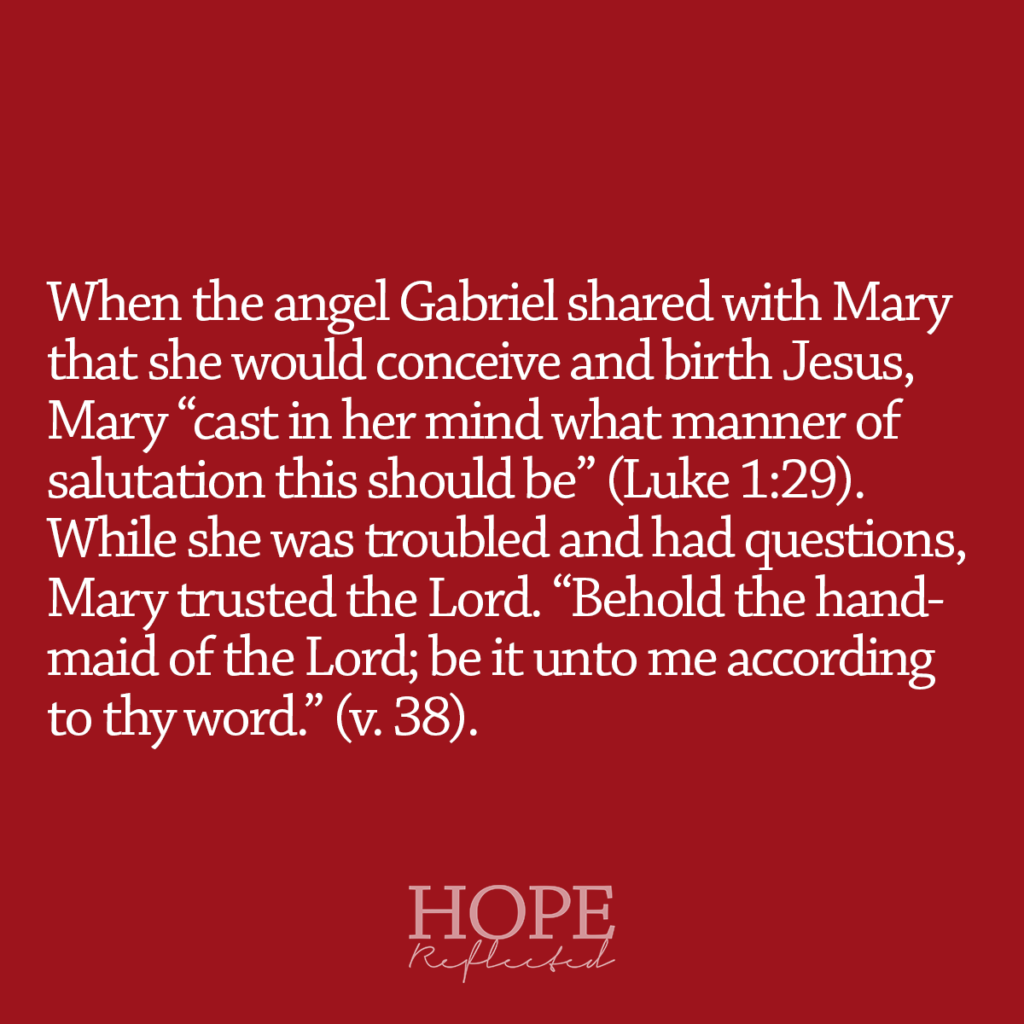
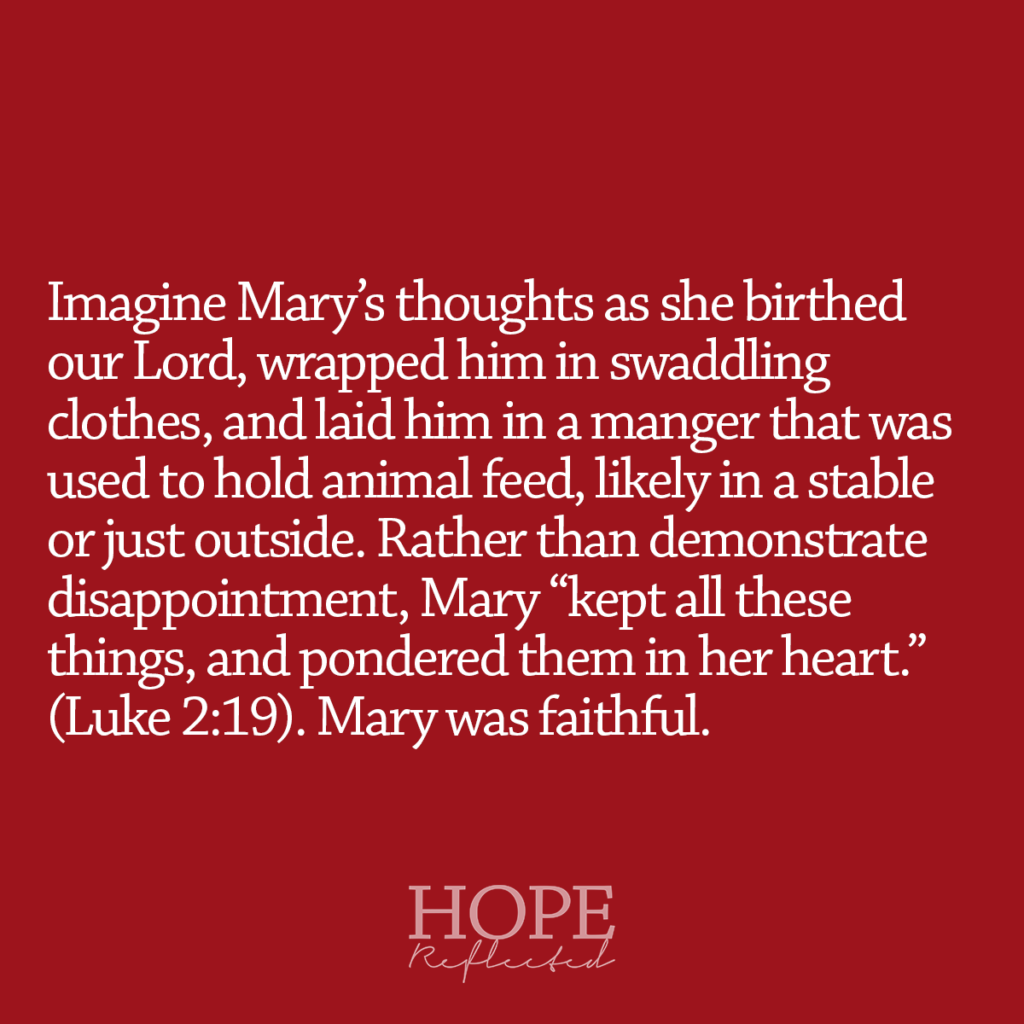
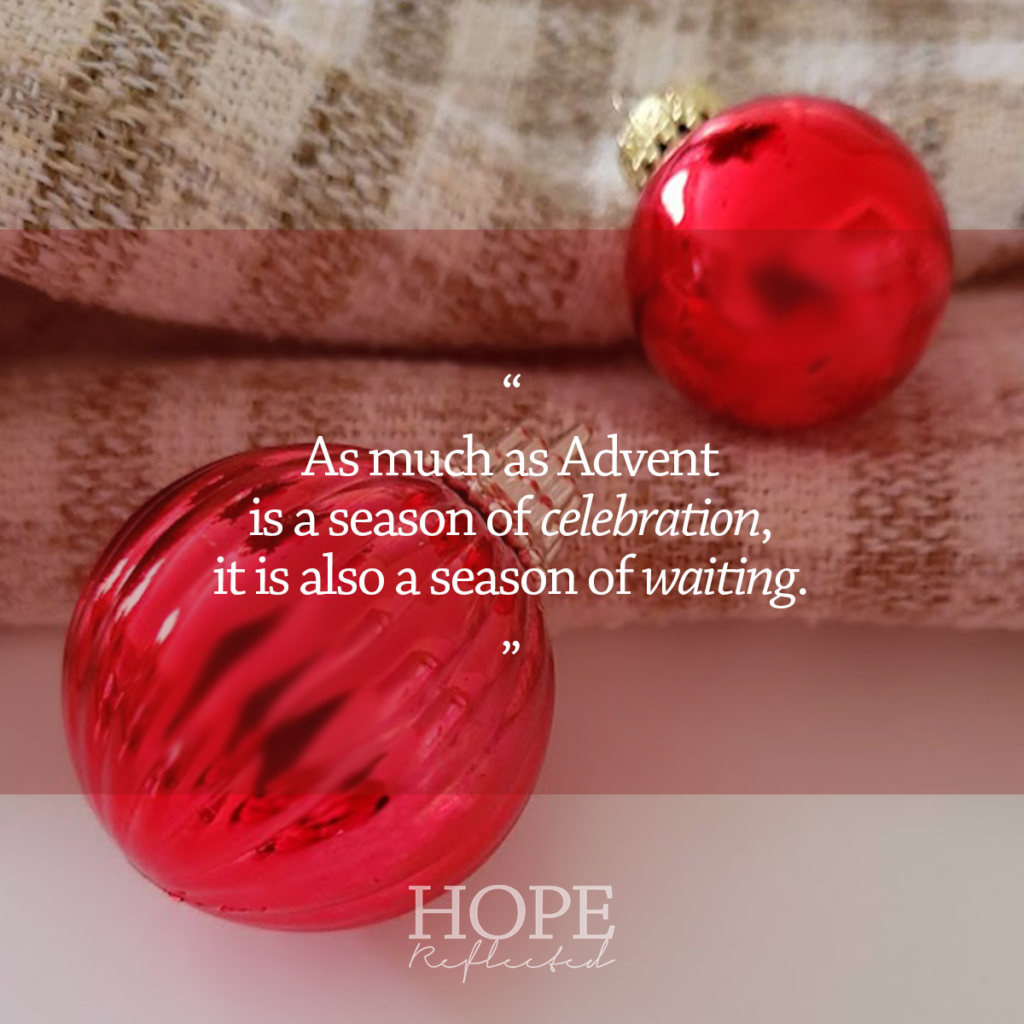


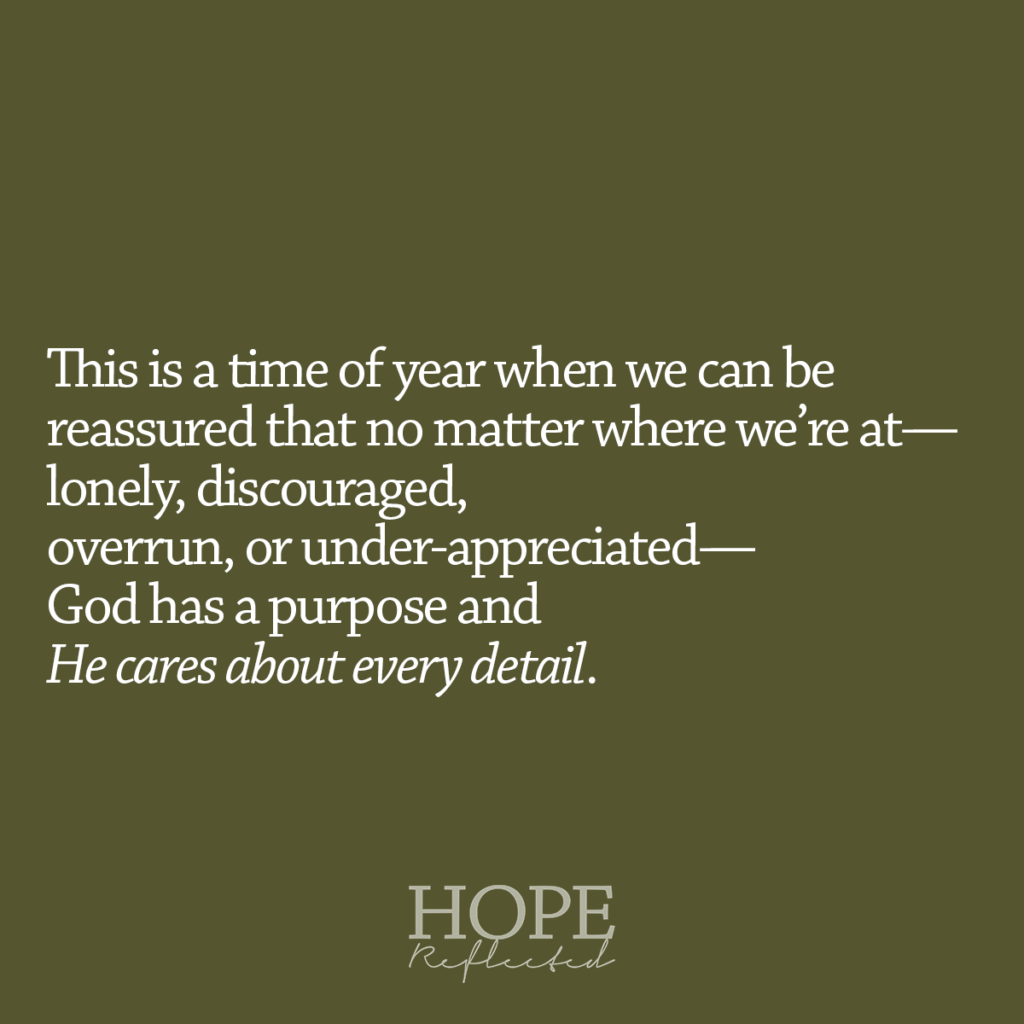

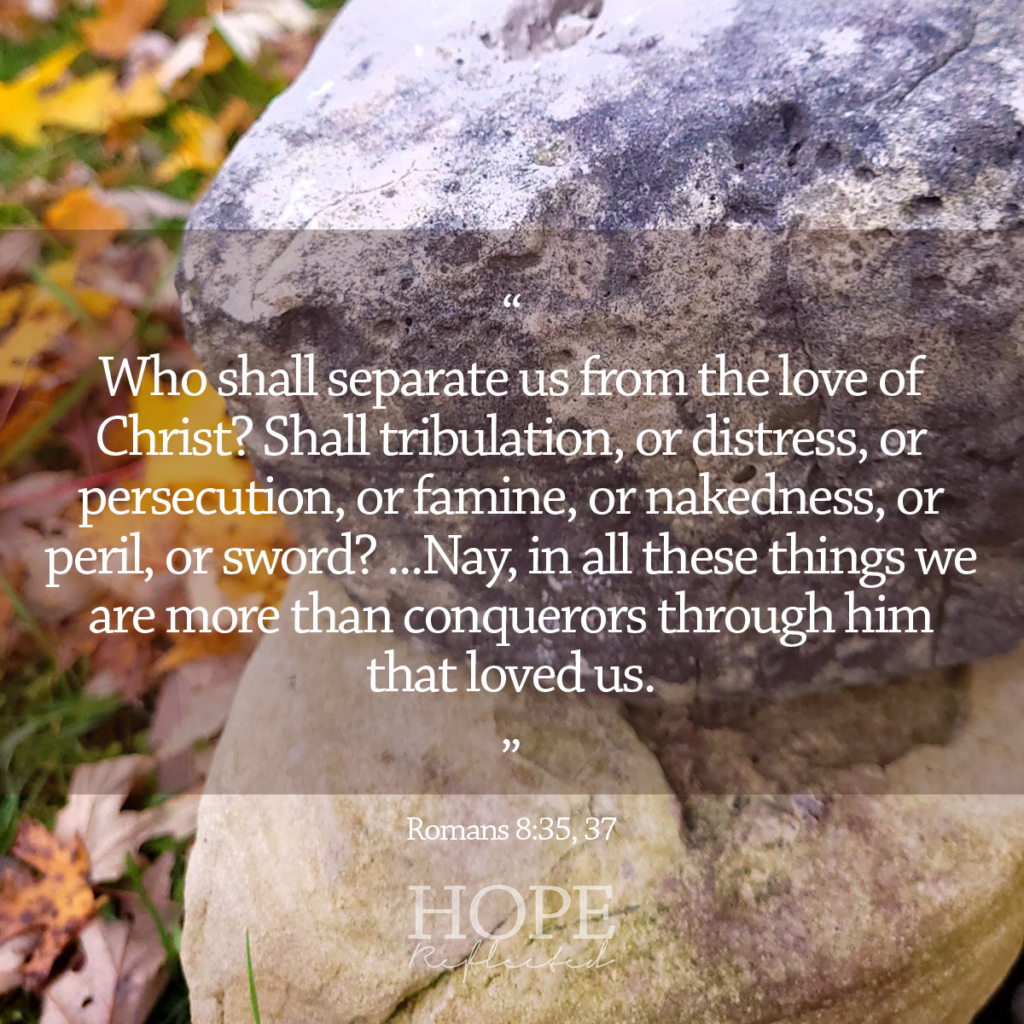


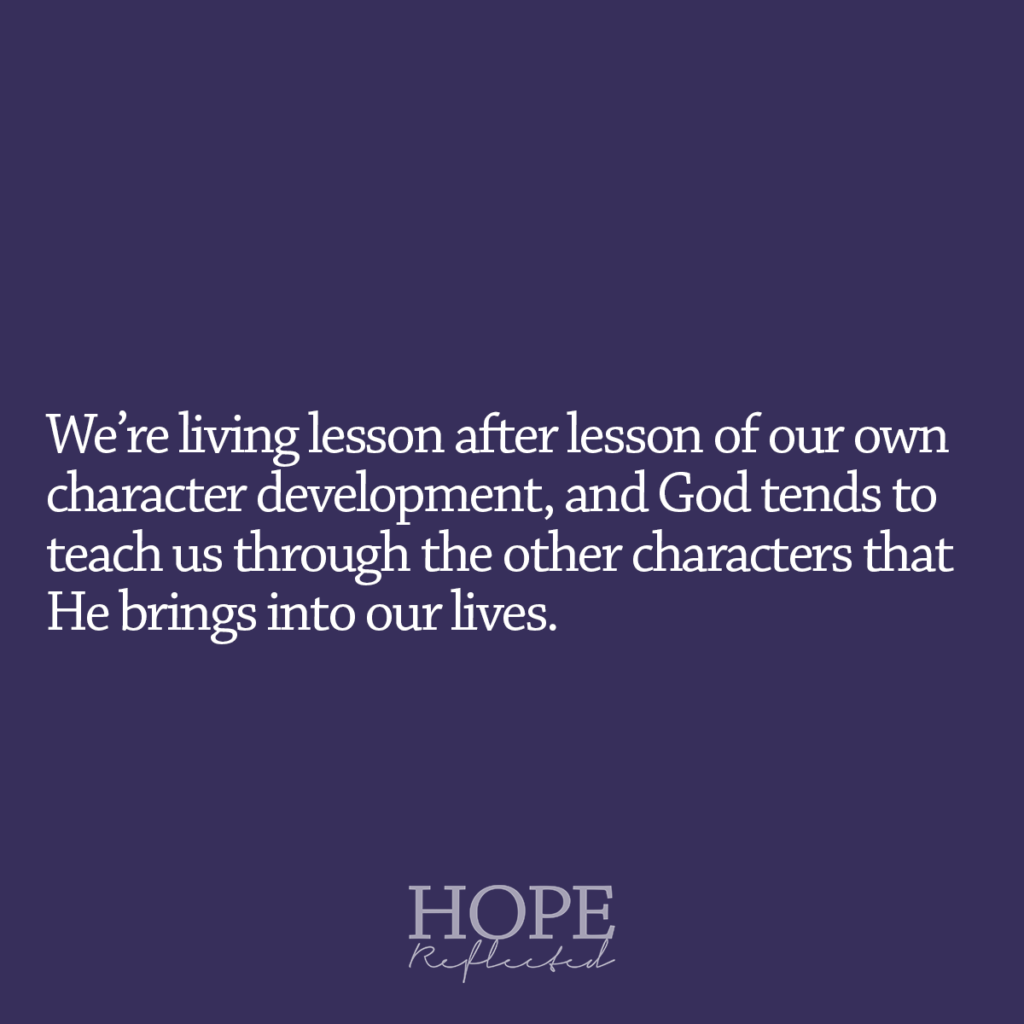


![False friends or counterfeit kindness; whatever you want to call it, the world is filled with people who will say one thing to your face and then another behind your back; people who will woo you in order to get something from you.
It’s sad, but it’s true.
The Bible provides us with examples from Joab to Judas, and yet, we’re surprised when we find ourselves deceived and hurt by someone else.
So what are some of the hallmarks of a true friend?
You can read more about this on hopereflected.com [Link in profile]
.
.
.
#friends #friendship #kindness #counterfeitkindness #hurt #proverbs #truefriends #hopereflected #blog #blogpost](https://www.hopereflected.com/wp-content/plugins/instagram-feed/img/placeholder.png)